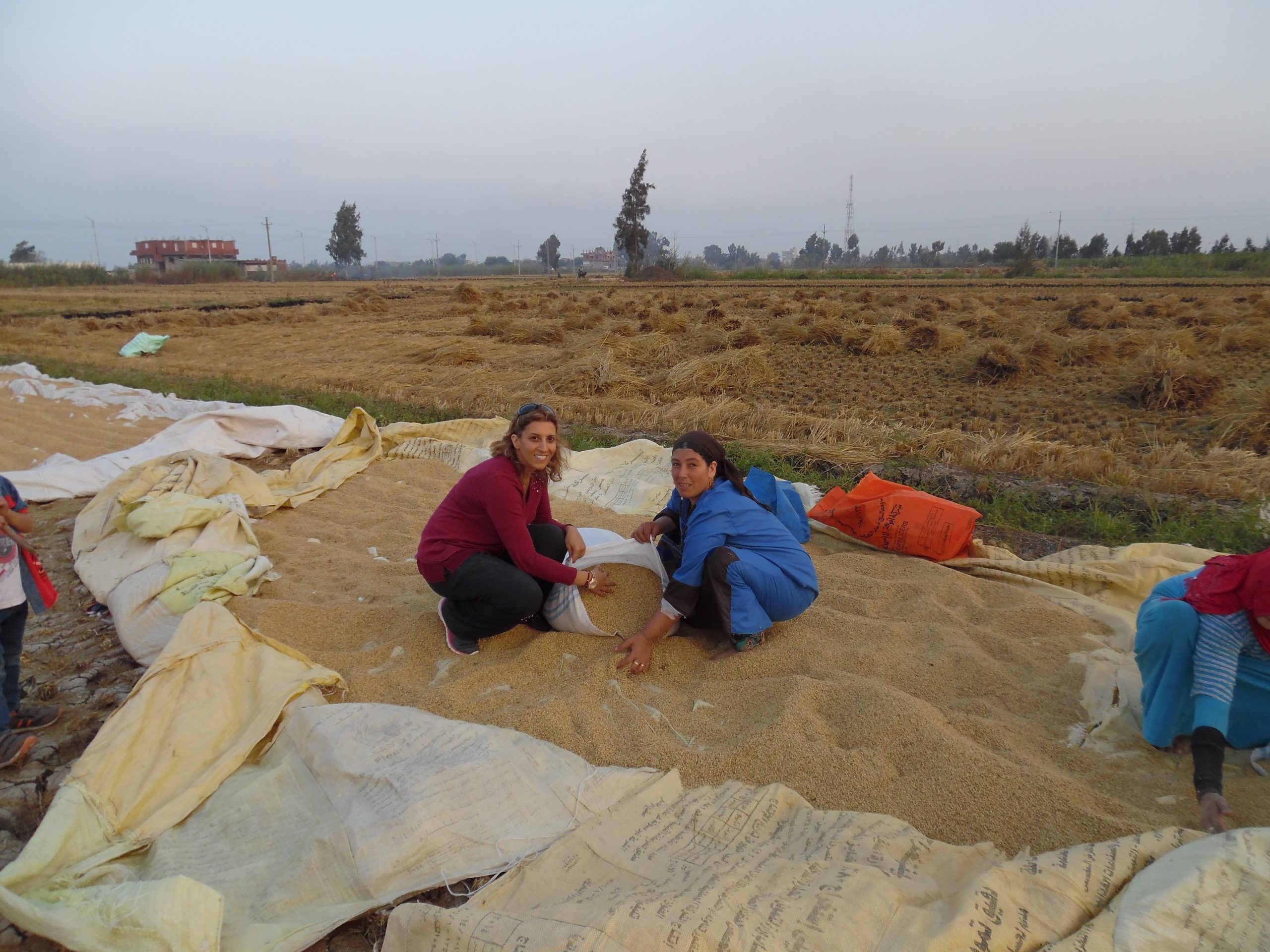Gender RESEARCH
IN 2020
2020 in review
Key impacts in 2020
Gender RESEARCH
Women living in the dry areas where we work continue to be overlooked regarding their rights and as an important resource for labor and business enterprise. The Middle East and North Africa (MENA) region is one of the most gender unequal regions in the world. The MENA’s male labor force participation rate is comparable to other regions, at around 75 percent, but female labor force participation rates remain stubbornly low, at around 20 percent.
As more men migrate to urban areas and more research is carried out into gender inequalities and the potential of women in agriculture, CGIAR Centers such as ICARDA step up their support. We prioritize research that enhances access to land, water, seeds, credit, knowledge, and innovation, and we empower women through capacity development that facilitates their role as leaders and active agents of change. We also help them engage in more lucrative economic activities through agricultural diversification, intensification, and value addition.
In addition, we advocate for improvements in wages and working conditions and the eradication of gender-based inequality. We also investigate promising formal and informal institutional arrangements that enhance women’s voice and power in dry area communities, and we promote proven technologies that reduce agriculture-related drudgery.
In 2020, we published several important studies and organized numerous workshops:
A workshop organized by the London School of Economics (LSE) in 2019 drew experts from all over the world, including LSE professor of Gender and Development, Naila Kabeer to discuss the continued limited access to labor market opportunities for women in South Asia and MENA. The subsequent report published in 2020 featured recommendations and methodologies for greater recognition of women as workers rather than helpers, property ownership perceptions, pay equality, and the revitalization of agriculture as a valuable occupation in society.

Throughout much of 2020, ICARDA’s Gender Scientist Dina Najjar carried out gender focused studies such as one that investigates the vital contribution women make to livelihoods’ resilience. The study uncovered women’s undervalued and hidden contributions to rural dryland farming practices and examined domestic issues. It suggests that building women’s resilience to the impact of COVID-19 and life afterward through better transport, digital access, consistent and affordable feedstock supplies, and other agricultural inputs will strengthen the resilience of households and whole communities.
Dr. Najjar also published a critical study revealing, among other data, how women in Egypt, who are generally disadvantaged compared to men with regards to land management, are reluctant to pass land on to their daughters. This is most probably for fear of the daughters then being unable to protect ownership from extended family.
Another of Dr. Najjar’s studies showed how intensifying male outmigration in dryland areas affects women’s roles in agriculture and related activities, with broader implications for productivity and gender equity. The findings reveal that women are performing more farm labor in agricultural communities due to the increasing outmigration of men. Furthermore, many socio-cultural and economic factors influence migration-related agricultural feminization in drylands, with ongoing negotiations of these happening at different societal levels.
